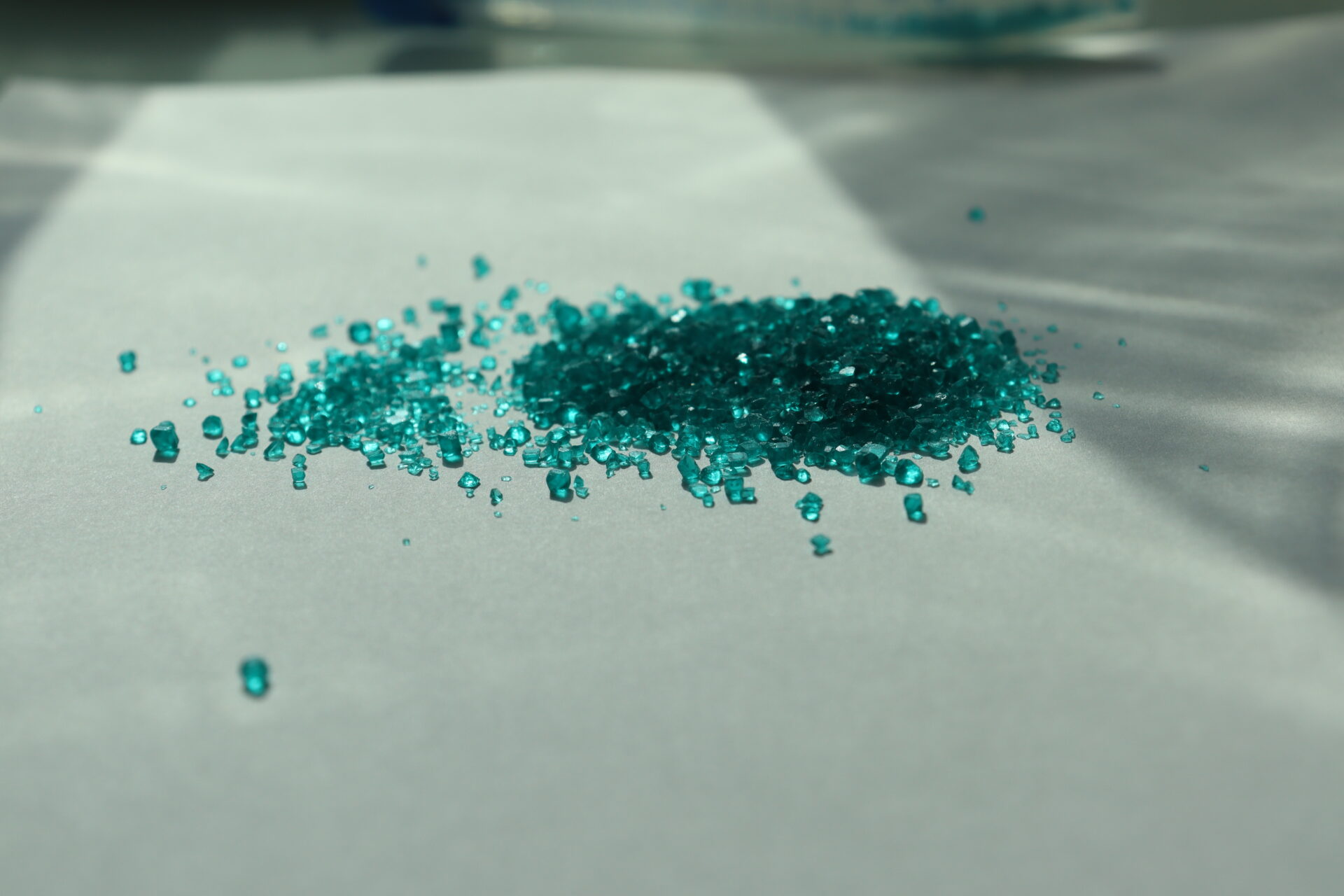Mining is one of those critical components of the global economy that also happens to come with a hefty environmental toll.
France-based Genomines is among the companies trying to change that and in the process develop more cost effective and environmentally friendly methods of extracting metal from the earth.
The company has raised a $45 million Series A for its bio-based alternative to traditional nickel mining, which involves engineering “hyperaccumulator” plants to extract “battery grade metals faster, cheaper, and with a fraction of the emissions of traditional mining.”
Cleaning up conventional mining
Genomines employs a process called phytoextraction, which uses plants capable of absorbing heavy metals.
These “hyperaccumulaters”—alyssum, sunflower, and ferns being a few examples—absorb metals through their roots before transferring them to the leaves. Once plants are mature, they are dried and burned, and the resulting ash undergoes a refining process to recover the metals. The entire process is commonly known as phytoextraction.
There are 750 known hyperaccumulator species, and most of these can thrive in areas containing toxic levels of copper, cobalt, lithium, nickel, and other elements.
One use for these plants is to decontaminate soils.
For example, there has been some success with extracting harmful copper from pesticides from the soils of vineyards in Bordeaux, France, says Genomines CEO and cofounder Fabien Koutchekian. However, he adds that this “phytoremediation” is very limited in terms of both its abilities to extract metals and its market size.
On the other hand, phtyoextraction could potentially help clean up the mining industry, if the technology and process can be proven at scale, says Koutchekian, who has a background as a mining engineer.
“When you’re a mining company, you have to deploy enormous amounts of capital to get a mine up and running—easily one to five billion euros. Our idea is to transition this industry towards smaller mining companies.”
He adds that the company’s vision is also “to create an entirely new industry of plant-based metals. Genomines unlocks a scalable new resource base: we can fundamentally rebalance global mineral supply chains for decades to come.”
The company engineers plants to increase their capacity for storing nickel. These plants have bigger and more leaves, thicker stalks, and stand taller than their conventional counterparts, says Koutchekian.
Typical time to harvest is four to six months for each batch of plants, at which point the metal gets recovered from the biomass.
Genomines, founded in 2021 by Koutchekian (CEO and Dr. Dali Rashid (CTO) is currently exploring proof-of-concept projects for the resulting metal with automakers including Hyundai Motor Group and Jaguar Land Rover as well as battery manufacturers.

‘Significantly’ cost competitive with the mining industry
Environmental benefits are all well and good, but Koutchekian suggests the real selling point of a startup like Genomines is its ability to show cost savings to the industry.
“People care if [the process is] cost competitive, if it can produce lot of metal with this method. Luckily, our technology allows us to have something that is cost competitive: 40% below the total cost of the median in the mining industry.”
The new funding will enable more field tests to prove this out, and will also help Genomines establish offtake agreements with partners.
Engine Ventures and Forbion BioEconomy co-led the oversubscribed Series A with participation from DeepTech & Climate Fonds, Wind, Hyundai Motor Group, Teampact Ventures, Prospect Innovation, Raise Phiture, and AlphaTech Investment Group.
Existing investors Lowercarbon Capital, Entrepreneurs First, Elemental Impact, and Salida B.V. also participated.
The round brings Genomines’ total funding to $62 million, and will support pilot projects in South Africa.
The post Genomines raises $45m Series A to mine battery-grade nickel from genetically enhanced plants appeared first on AgFunderNews.
